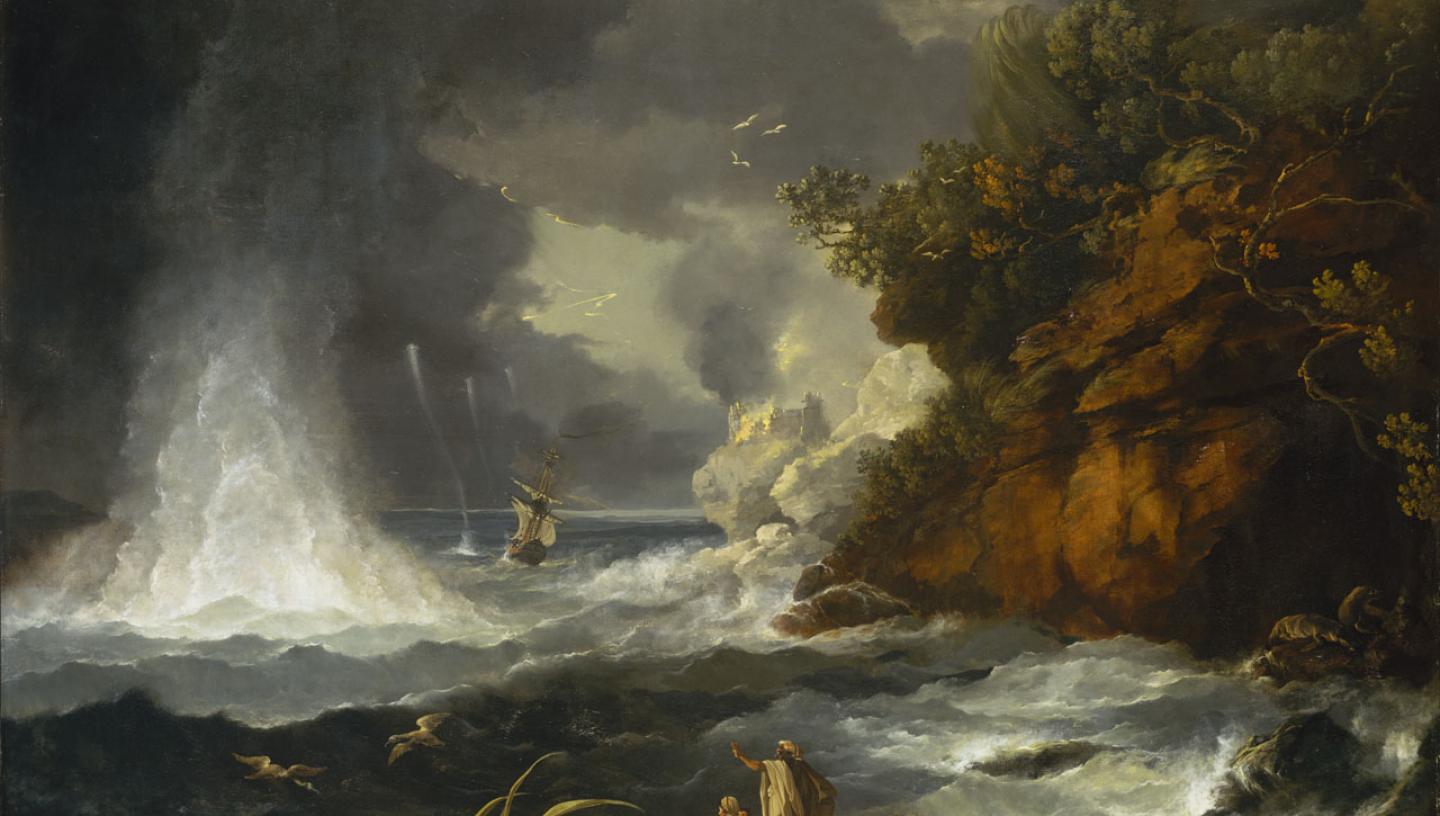
Polite society was thrilling to the idea of an undiscovered continent in the south. Was it even there and what would count as proof if it didn’t exist?
After nearly a year at home, Cook embarked on a second voyage to continue to look for the southern continent. While his first voyage, having circumnavigated both of New Zealand’s islands suggested there was likely to be little to the south, the public imagination was still fired with the prospect of an undiscovered continent.
A modification too far
He took two Whitby colliers this time – the Resolution and the Adventure. Joseph Banks wanted to join the expedition but withdrew with bad grace after Cook would not allow him an extra deck to be added to the ship - which he felt was needed to accommodate his team and equipment.
“Our trusty friend the watch”
On this expedition, Cook tested a copy of a timekeeper, a sea watch, designed by John Harrison. Its successful performance meant that Cook and all future navigators were able to fix longitude much more accurately than before. His enthusiastic endorsement of the watch did much to prove its practicability and utility.
“So far to the south as to be wholly inaccessible for ice”
Between January 1773 and January 1774 Cook's ships entered the Antarctic circle several times, but because of the intense cold were forced to turn back only 121 km from Antarctica's coast. Cook’s methodical and tireless coverage of the seas, left little doubt that whatever may lie to the very south was going to be permanently frozen if it existed at all:
Having gone as far south as he could, Cook noted before turning about, “I who had ambitions not only to go farther than anyone had done before, but as far as it was possible for man to go, was not sorry at meeting with this interruption…”
In 1775 he determined to make a third and final sweep of the oceans. After he rounded the Cape, he swiftly despatched some rumoured front-runners as possible southern continents. These turned out to be less than impressive islands in the South Atlantic.
A hero's return
Following a pleasant stay in Cape Town and a little opportunist exploring along the coast of Brazil, Cook returned to England having thoroughly debunked the rumours of an undiscovered continent of opportunity and riches.
He wrote in the final entry of his journal in July 1775, “We made the land near Plymouth and the next morning anchored at Spithead. Having been absent from England three years and eighteen days, in which time I lost but four men and one only of them to sickness.”
His insistence on fresh food, cleanliness on board and warm and clean clothing was far-sighted and not only saved the lives of his men, his inspiration would save the lives of countless others.
His service was so distinguished and his contribution so significant that Cook could easily have accepted a pension and lived out his days as a man of renown. Something inside him would prove restless though. Would there be a third voyage?